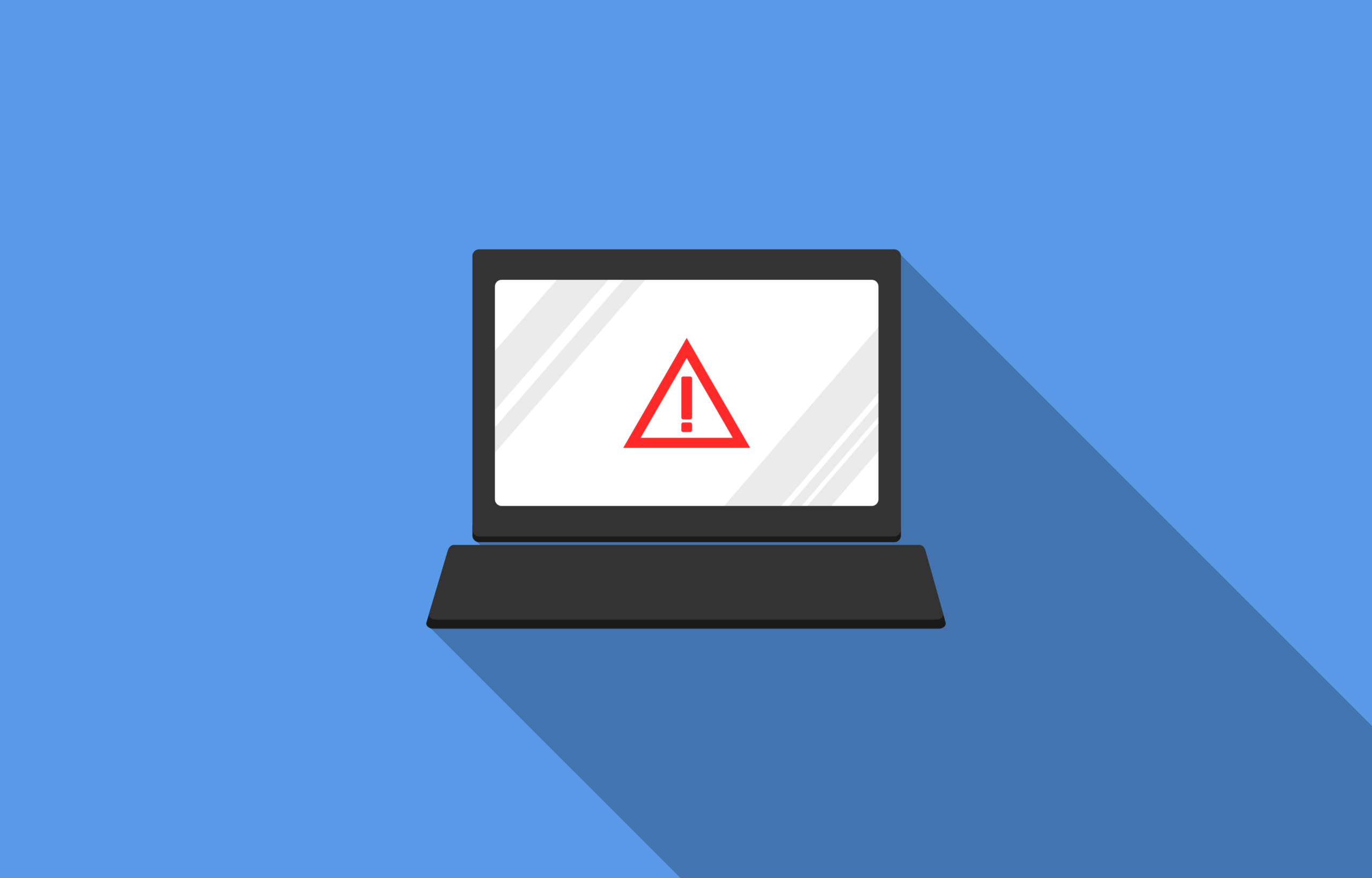
One of the common reasons why the internet instils fear in the mind of the public is largely due to the countless crimes that happen through it. In 2018, internet-enabled theft, fraud, and exploitation were responsible for a massive $3.5 billion in financial losses in US as per report by FBI.
In 2018, 82% of organizations were victims of payment fraud. This is the reason why still a large number of people deliberately try and stay away from the internet to avoid being party to a scam.
Studies state that older people are prone to these scams mainly due to their lack of awareness. This is one of the biggest reasons why the older population still likes to do things the traditional way, and are reluctant to adopt newer easier ways.
With the pandemic urging us to work through the internet, large groups of people have sought different ways to put up their business online. This has indeed led to massive surge in the amount of the businesses that have gone online, but this has also led to increase in the number of scammers.
Lack of knowledge related to these risks have made most of us vulnerable and the scammers are banking on our vulnerability to feed off from it. Scammers are always looking to exploit people on the internet at every chance they get, so it’s important that you are highly aware of how not to get scammed.
Here are a few pointers you need to keep in mind so you can protect you and your business:
Phishing Emails, Calls, Messages and SMS
One of the easiest ways for scammers to get to you is by sending you enticing emails, messages etc. Google has reported in April 2020, that they were blocking 18 million coronavirus scam emails every day.
Kaspersky reported growing number of phishing scams targeting banks in Africa. The content of all these communications would be to excite you and make you act urgently.
For example, you will get an SMS stating that you have won a jackpot and you need to provide your bank details and personal details to avail the jackpot, they will also give you very little time to act and hurry you up.
This will cause you to panic and you will fall prey to the scam. They will ask you to forward some content to other people and after that you’ll get your reward. This only makes you a part of the scam since you are spreading it everywhere.
Other examples would be to send links to sites that guarantees you some prize, the moment you click on the link, the virus would have entered your phone, device and steal all your personal data.
Even if the message reads that it’s from the Government or your bank, don’t react to it since the Government or the bank will not send such messages to you.
Investment scams and fake investment schemes
Since a lot of people are desperate to make a living, scammers often send invite people to make money staying at home with almost no investment.
Once you sign up, they will ask you for your credit card details and promise you that you won’t be charged. Later you will get charged and you won’t be able to get a refund.
Though some offers might seem valid, the brokers offering those offers will not be a licensed broker and they will not be regulated by your government.
Trade Forex Kenya explains that no licensed broker or authorized person is allowed to send such an email to general public.
If you deposit money with any unregulated brokers and invest, you cannot file a case against them since they are not in Kenya’s jurisdiction, or may not be regulated under any jurisdiction for that matter, so and your government authorities can’t help you.
So, before you invest, check if the platform or broker that you are about to invest with is registered in Kenya, or has a local office. Only NSE regulated brokers or agents are allowed to offer stock investments and ETFs in Kenya. While all forex brokers in Kenya are required to have a CMA online forex broker license.
Always check the list of approved brokers on the NSE or CMA website.
Cyber threats and Attacks
Everything around us have become so digitised, this has in a way allowed machines to dictate terms in our lives.
We have become so dependent on these machines, and store all our vital data for ease of access, but this exposes us to a lot of risks. There are numerous malicious softwares that can hack our system and steal all the data within seconds. No matter how you try to protect yourself, your data is always at risk if it’s online & stored with a third party.
Constant efforts are made by many multinational companies to secure their products and protect us from cyber-attacks. Companies like Apple base their selling point on the security of their products. So, try to use products from a well-known manufacturer, and only install popular applications.
If you have important data on your laptop or phones then make sure that you have an anti-virus & Anti-Malware software installed so that it can detect any virus, ransomware, malware and remove it from your system before it’s too late.
Don’t visit any unsafe websites or click on links that can download anything on your system. Google Safe browsing project that is supported by major browsers like Chrome, Firefox, does a good job of warning you before you enter an unsafe website.
Fake job offers and money mule scams
If there’s anything that can catch the attention of the public, its job offers. People are always seeking new opportunities to make money or advance in career.
If a new & good job offer comes your way then you are probably going to tempted to take it up. But you should be alert to not fall prey to any job scams.
If something is too good to be true then there’s something fishy about it. Without verifying anything about the employer, their history and if they hold valid licenses or not, don’t approach them.
There are often times where offers such as if you help someone transfer money or hand over money to someone then they will give you a part of the share. Don’t ever accept such vague offers.
There have been so many cases where innocent people have been subject to money laundering because of such offers.
Tips to avoid fraud and to protect yourself
- You protect all your data through a password, so ensure that this password is unique and no one else is aware about this. Try to include numbers, special characters to form passwords as it makes it hard to predict it. Another important point to keep in mind is that don’t keep one password for too long, keep changing your passwords periodically.
- Never share any of your passwords or sensitive information with any other person. If you get calls or messages ask to share your OTP or PIN, do not share them at any cost. The government or the bank or any other genuine person won’t ask for such details.
- Only use trusted websites, especially when you are using financial or personal details as such credit cards, driving license, passport etc. Check if the website has SSL installed on it, and ensure that the ecommerce platform is verified and safe. Always read reviews before purchasing something on a website.
- Try to find out as much information as you can before you spend online. Crosscheck all the details and reach out to the customer care to verify. If you are unable to get any information then don’t make any payment online, choose safer options such as cash on delivery.
- If you have to pay for something online then be vary of who the seller is and if there are a genuine seller. For example, a Nike shoes which is $100 or KES. 11,000 in a store is available for say KES. 2500 online through an unknown vendor, then you know that this offer sounds too good to be true and it’s probably a scam. If you want to buy something then make sure you buy it from genuine website, since you can return it back if you are not happy.
- You can check the authenticity of a product by seeing online videos to know if a product is fake or not.
- In case you feel that your details have been compromised, block your cards first and then approach the bank and police station to report the issue.
- If you are victim to such scams then act immediately, try to contact the concerned authorities and submit all necessary evidence for investigation.






